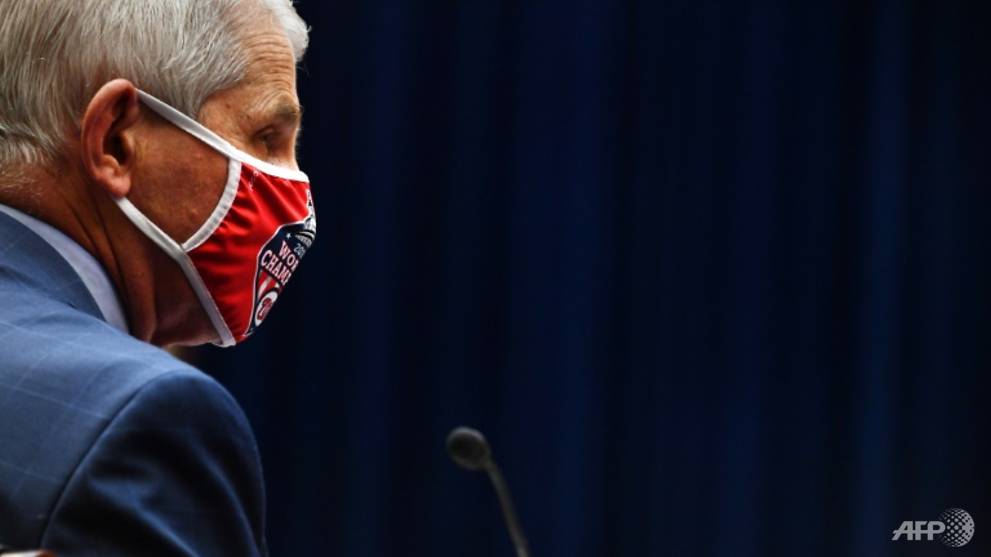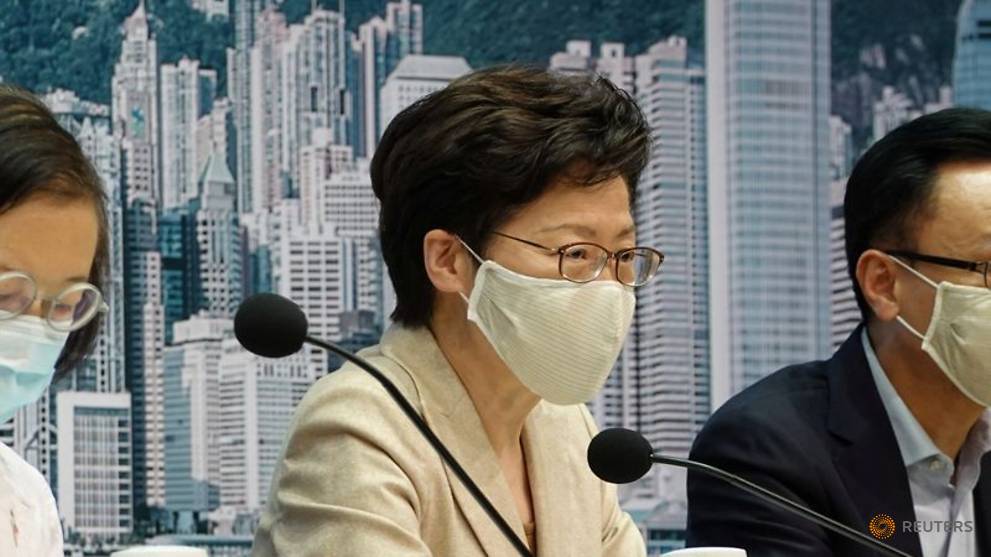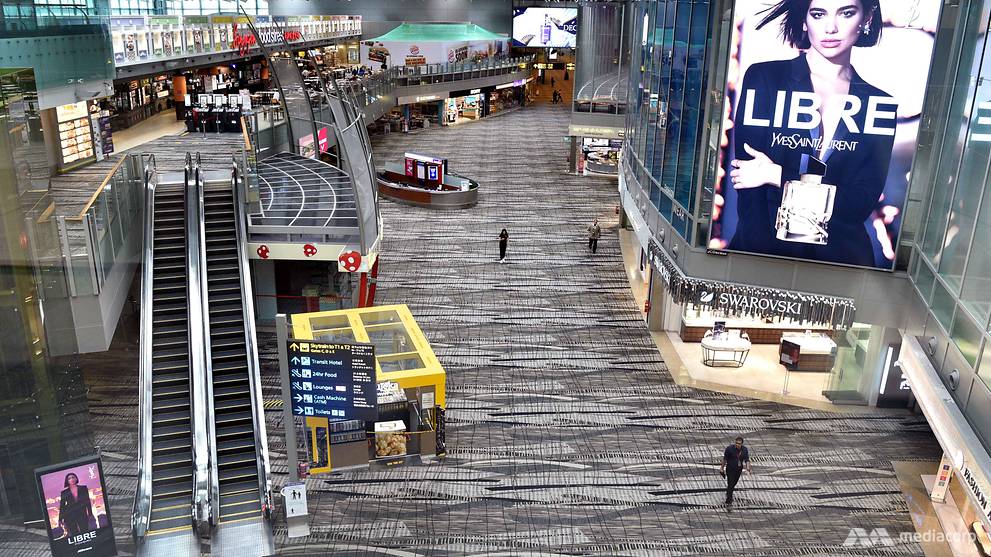
WASHINGTON: Anthony Fauci, the United States' top infectious disease official, raised concerns on Friday (Jul 31) regarding the safety of COVID-19 vaccines under development by China and Russia.
Several Chinese companies are at the forefront of the global vaccine race, while Russia has said it hopes to be the first in the world to produce a vaccine for the public, with a target date of September.
But the medicines will likely face heightened scrutiny given that the regulatory systems in both countries are far more opaque than they are in the West.
Fauci, who was asked during a Congressional hearing whether the US could make use of Chinese or Russian vaccines if they arrived first, indicated that was unlikely.
"I do hope that the Chinese and the Russians are actually testing the vaccine before they are administering the vaccine to anyone," he said.
He added: "Claims of having a vaccine ready to distribute before you do testing, I think, is problematic, at best.
"We are going very quickly. I do not believe that there will be vaccines, so far ahead of us, that we will have to depend on other countries to get us vaccines."
READ: Fauci resists Republican effort to turn testimony against protesters
Last month, Chinese media announced a coronavirus vaccine developed by CanSino Biologics was being used to immunise the Chinese military - making it the first approved for people, albeit in a limited population.
Many scientists however raised ethical concerns because the vaccine has not yet begun its final stages of testing.
'SPUTNIK MOMENT'?
Two other Chinese companies Sinovac and Sinopharm, have launched final phase three trials in Brazil and the United Arab Emirates, respectively.
China, where the virus originated, has largely brought its outbreak under control and has therefore had to turn to other countries to test its vaccines.
The trials in Brazil and the UAE will be watched particularly closely, given China's history of vaccine and other health scandals.
In 2018, more than 200,000 children were administered a defective vaccine for diphtheria, tetanus and whooping cough (DPT) that caused paralysis in a few cases.
Russia, which was once a global vaccine leader during Soviet times, aims to bring two to market by September and October, respectively.
The first is being developed by the Moscow-based Gamaleya institute and the defence ministry, and the second by the Vektor state laboratory near the Siberian city of Novosibirsk.
Russia has released no scientific data proving the vaccines' safety or efficacy.
Nevertheless, Kirill Dmitriev, the head of Russia's sovereign wealth fund which is financing the Gamaleya trials, told CNN: "It's a Sputnik moment."
Sputnik was the world's first satellite launched by Russia in 1957.
Three Western coronavirus vaccines are in final phase three trials.
One is produced by US biotech firm Moderna and the National Institutes for Health; one by the University of Oxford and Britain's AstraZeneca; and the last by Germany's BioNTech with US pharmaceutical Pfizer.
China and Russia both stand accused of attempting to steal Western coronavirus research - charges they deny.
BOOKMARK THIS: Our comprehensive coverage of the coronavirus outbreak and its developments
Download our app or subscribe to our Telegram channel for the latest updates on the coronavirus outbreak: https://cna.asia/telegram
https://news.google.com/__i/rss/rd/articles/CBMibWh0dHBzOi8vd3d3LmNoYW5uZWxuZXdzYXNpYS5jb20vbmV3cy93b3JsZC9mYXVjaS11cmdlcy1jYXV0aW9uLW9uLWNoaW5hLWFuZC1ydXNzaWEtY292aWQtMTktdmFjY2luZXMtMTI5ODE5OTTSAQA?oc=5
2020-07-31 21:39:40Z
52780967841430



